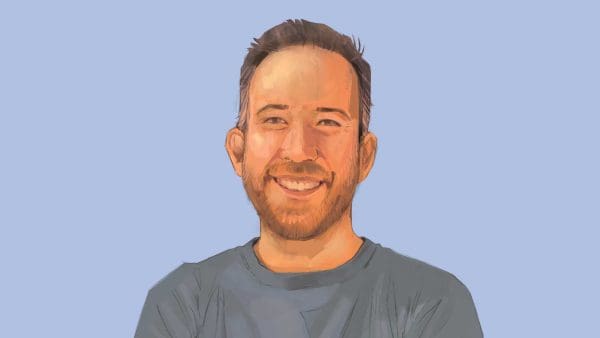Award-winning novelist and short story writer.

Education
- 1976 Bachelor’s degree, Dartmouth College
- 1979 Master’s degree, The Writing Seminars, Johns Hopkins University
Books
(a sampling)
- Love Medicine (1984), debut novel
- The Round House (2012), Won National Book Award
- The Night Watchmen (2020), latest book
Note: Erdrich has also written poetry, short stories, and children’s books.
Notable
- Grew up in Wahpeton, North Dakota, where her parents taught at a school run by the Bureau of Indian Affairs.
- With a Chippewa Indian mother and German-American father, she explores Native American themes with characters representing both sides of her heritage.
- A member of the Turtle Mountain Band of Chippewa Indians.
- In 2001, she opened Birchbark Books, an independent bookstore in Minneapolis. In addition to books, the shop carries Native art and jewelry and sponsors readings by authors, including herself.
- Was part of the first class of women admitted into Dartmouth College.
- In a career going back to the 1970s, she’s published 17 novels and more than 30 books, including children’s literature, poetry, and nonfiction.
- Has received the Library of Congress Prize in American Fiction, the prestigious PEN/Saul Bellow Award for Achievement in American Fiction, and the Dayton Literary Peace Prize.
- Has won the National Book Award for The Round House (2012) and 2017 National Book Critics Circle Award for fiction.
In Her Own Words
People are always deciding that they know how to portray Native Americans. The movies. The sports team. The military. They just love to use native imagery, right? And they think they know how to use it because they get enamored of the ferocity. Whereas I am of a people who is so benign.”
Time
I think in this time of isolation people also appreciate the intimacy of books, the chance to engage deeply with a stranger, to marvel (or possibly scoff at) at the workings of another human mind.”
Commonweal Magazine
Erdrich remembers the support of other students and of mentors like John Barth who “set the tone for the seminars—intellectually acute, lighthearted, generous, bold,” and John Irwin, in whose class she “kept copious notes because half the words he used I had to look up, and the other half were outrageously interesting.”




